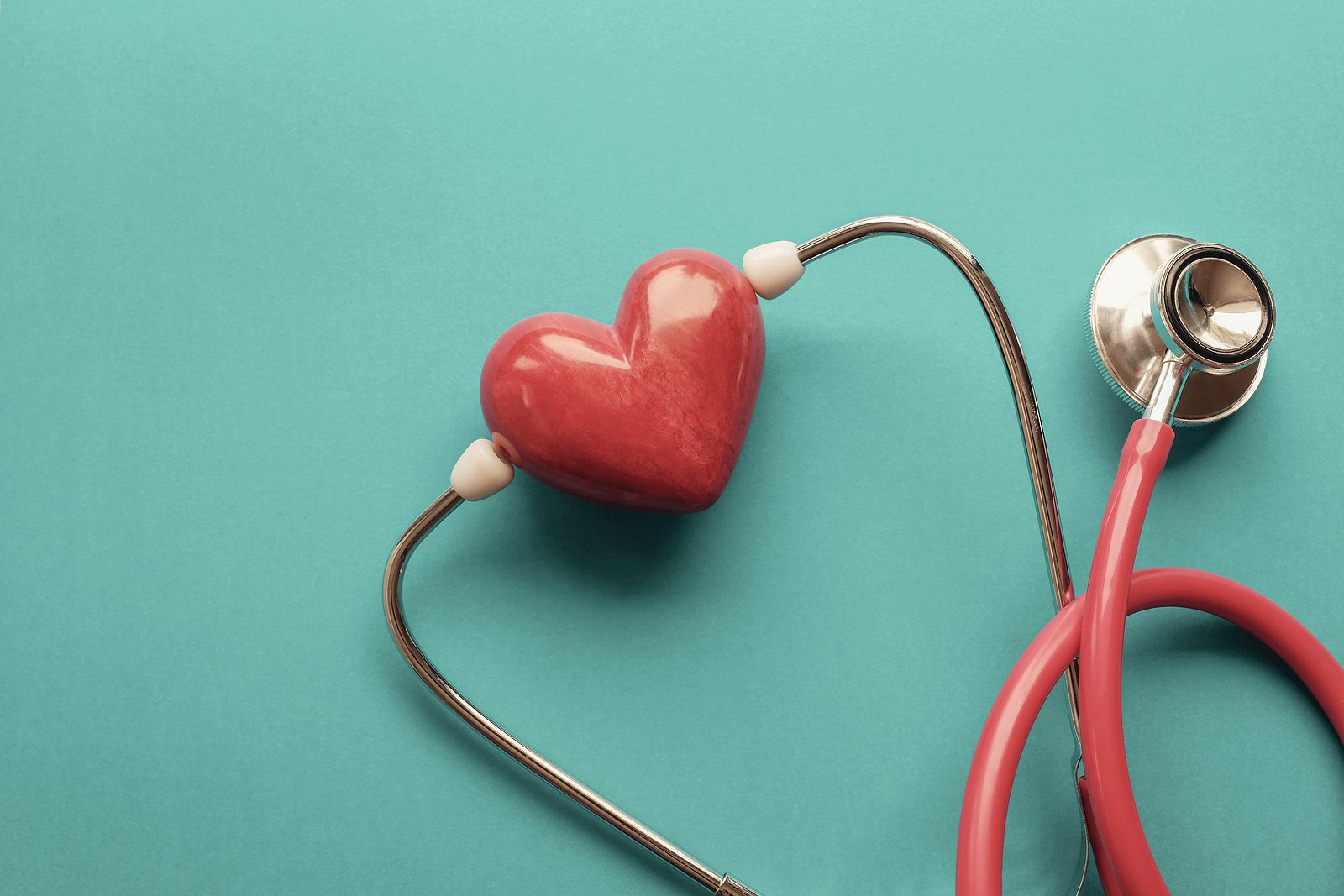 It’s common knowledge that the heart is an extremely important organ in the body. Taking care of it is vital in overall health which is why every February the whole country observes heart health awareness with American Heart Month. And in 2021, it is even more important. Those who suffer from heart disease have an increased risk of severe illness from the COVID-19 virus.
It’s common knowledge that the heart is an extremely important organ in the body. Taking care of it is vital in overall health which is why every February the whole country observes heart health awareness with American Heart Month. And in 2021, it is even more important. Those who suffer from heart disease have an increased risk of severe illness from the COVID-19 virus.
To help keep you heart healthy and happy, here are a few tips:
Get moving
It might be harder during this time when you work from home and hardly go out (it’s not just COVID, it’s cold!). Better bundle up and put your mask on. A nice walk around the neighborhood will do wonders to your heart health and mental health. It’s always nice to see the sun at least once a day. Or go to the gym. Just make sure you wear your mask, practice social distancing, and wipe your equipment after each use. Snow day? Get out and shovel (properly, don’t hurt your back).
But if you’d rather stay comfy indoors, invest in a treadmill or elliptical machine. On a budget? Rent one for use during the colder months. Limited space? Get one that folds. And how about trying our On Demand classes in the Merritt Clubs app? Get fit with Merritt in the comfort of your home!
Use a fitness tracker
Since we’re talking about getting yourself moving, use a wearable fitness tracker to make sure you are doing enough each day. For a heart rate tracker, one of the most accurate wearables is the MYZONE belt. It’s one you wear on your chest and has an accuracy of 99.4% to an EKG machine. As far as tracking steps or setting movement goals, there are a ton out there, from an Apple Watch to a FitBit.
Eat healthy
Another way to take care of your heart is to be aware of what you put in your system. Make a point of checking the nutrition facts of an item when you go grocery shopping. Sometimes certain foods can be so delicious but when you take a look at the amount of sodium and saturated fat… yikes. Use an app like MyFitnessPal to track your food intake. You can set calorie goals and will know how to limit your intake of sugar, sodium, etc.
And have you heard of the Mediterranean diet? According to the Mayo Clinic, this is one eating plan that your heart will appreciate. Studies have shown that the Mediterranean diet can help prevent heart attacks and stroke, among other things. The meal plan promotes eating fish, seafood, vegetables, fruits, nuts, seeds, whole grains, herbs and spices, olive oil, and basically other healthy fats. It limits red meat intake and advises eating dairy in moderation.
Know your family history
Some heart conditions can be hereditary. It is best to check with your parents or even grandparents about medical conditions or illnesses that your family members have had. This is why whenever you go to a new doctor, you fill out a form that includes family history. And when you know the history, you can then take steps to help prevent experiencing the same thing.
Take naps
You know how kids don’t like naps even though they’re supposed to take them? Yet adults want to take naps but aren’t able to because there’s so much to do? Well now you have a very important reason to get some zzz’s. According to Johns Hopkins Medicine, “Without enough sleep, your risk for heart disease and heart attack goes up—no matter what your age, your weight, or how much you exercise or smoke.”
Adults are recommended to have 7 to 9 hours of sleep each day. Many of us find it hard to hit that range due to a variety of reasons (insomnia, schedule, Netflix, etc.). If you are not able to meet the minimum 7 hours, take a nap! Can’t find time? Make the time. It’s for your own good.
Get a physical exam regularly
How are your cholesterol levels looking these days? Physical exams can help detect any problems before they become serious or before they start. If anything is found, this will help the primary care provider come up with early treatment and/or cure. If nothing is found, then great! You know you’re doing good and you’re keeping your body healthy. Keep at it!
No smoking
Tobacco smoke, when inhaled, contaminates the blood distributed to the body. This is not good for the heart and the blood vessels. This may cause plaque to build up in the arteries, which will then lead to heart disease.
What about secondhand smoke? Yes, breathing that in can also harm your heart. According to the CDC, “Secondhand smoke causes nearly 34,000 early deaths from coronary heart disease each year in the United States among nonsmokers.” Do you really want someone else’s behavior affect your heart’s health? Nope.
Remember that you only have one body and you need to take care of it as much as you can. Keeping the heart in tiptop shape is a big factor in your overall health. So make it a habit to keep it healthy and listen to your heart.
Sources:
National Heart, Lung and Blood Institute


